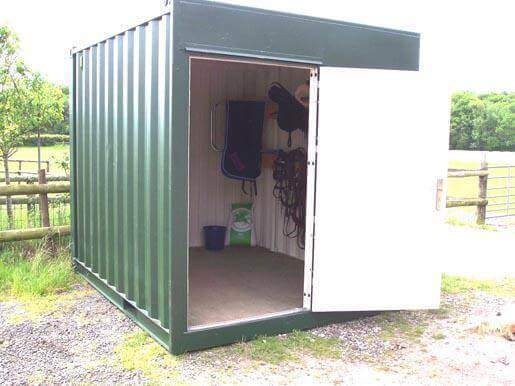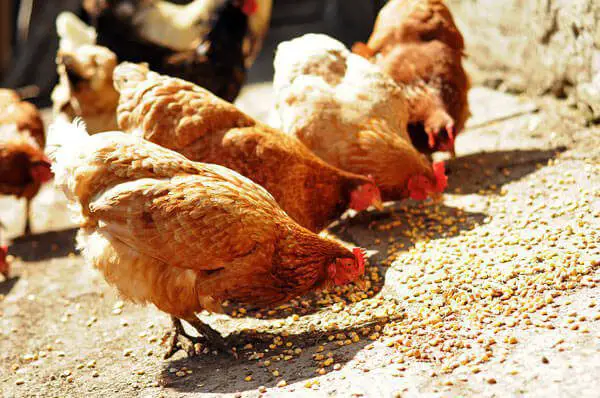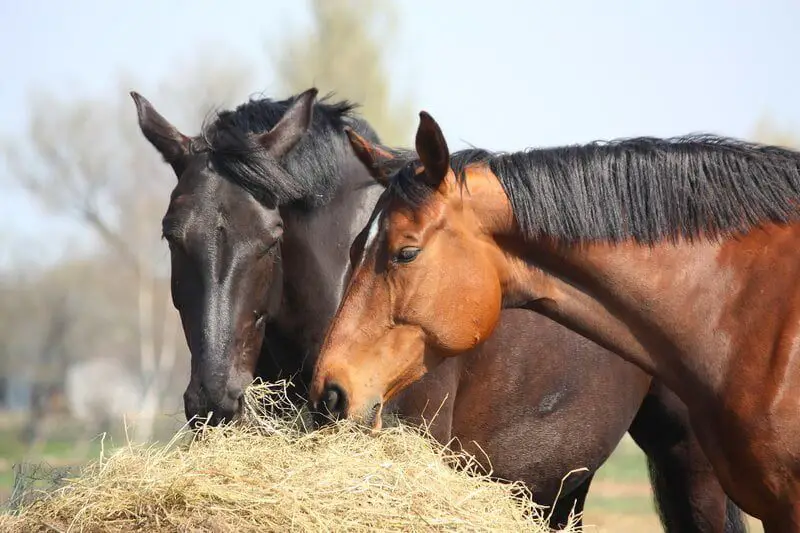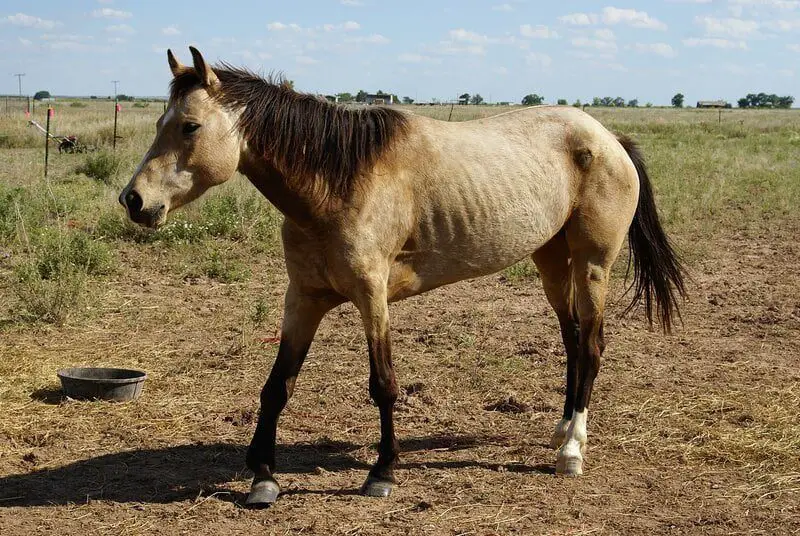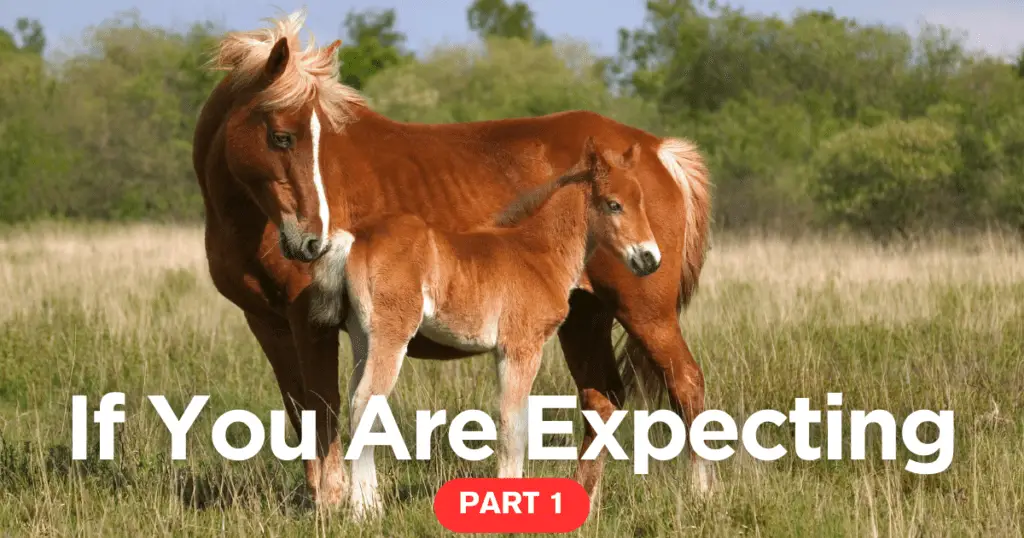My horse has broken into the feed shed and eaten everything. What should I look for?
The first step is to call your veterinarian immediately to determine what course of action needs to be taken. Overeating can lead to colic and laminitis, while consuming feeds not intended for horses can be fatal. Your veterinarian will be able to advise you on what to do. Firstly, if your horse has consumed a […]
My horse has broken into the feed shed and eaten everything. What should I look for? Read More »

